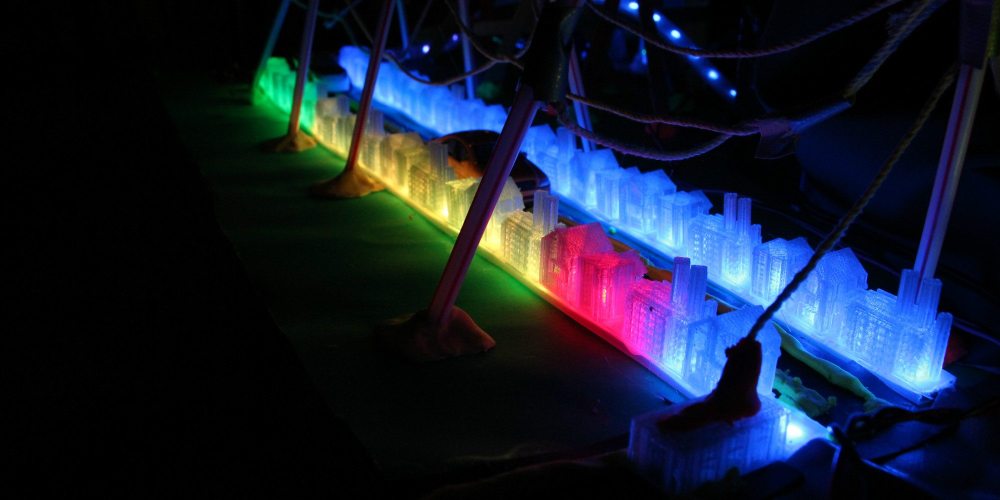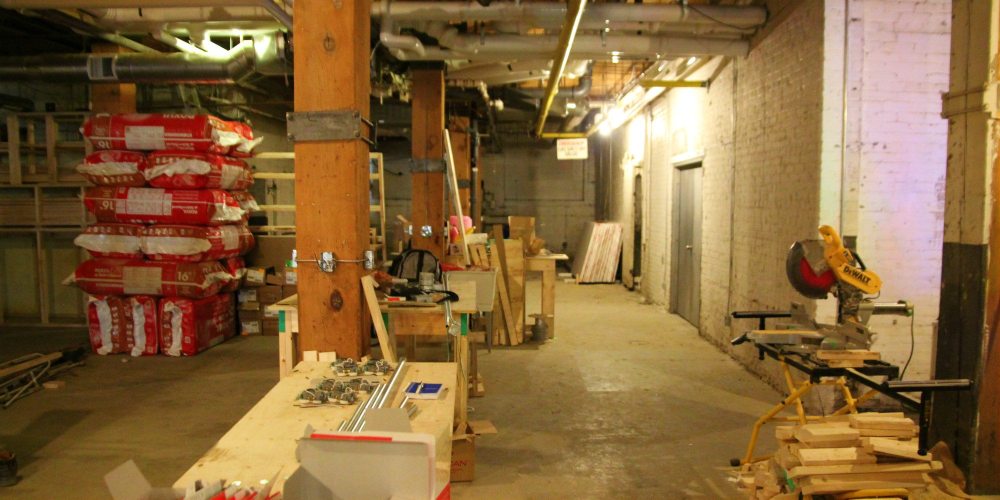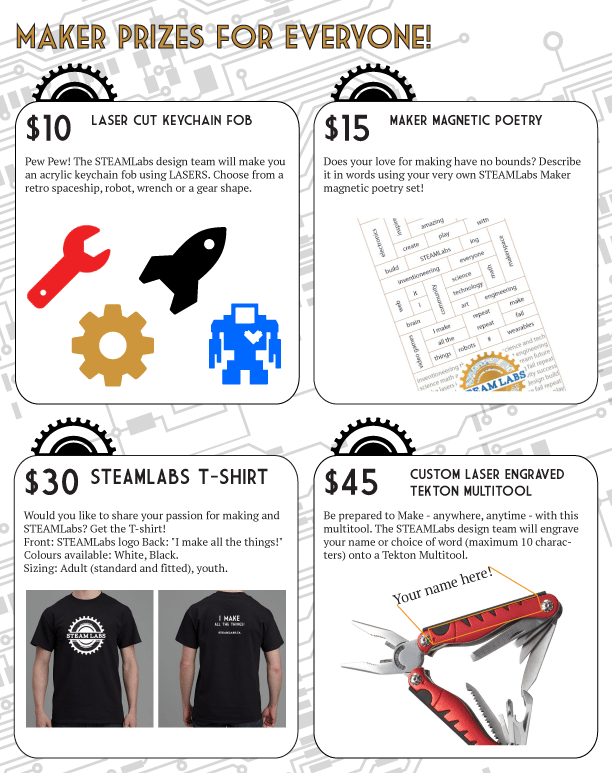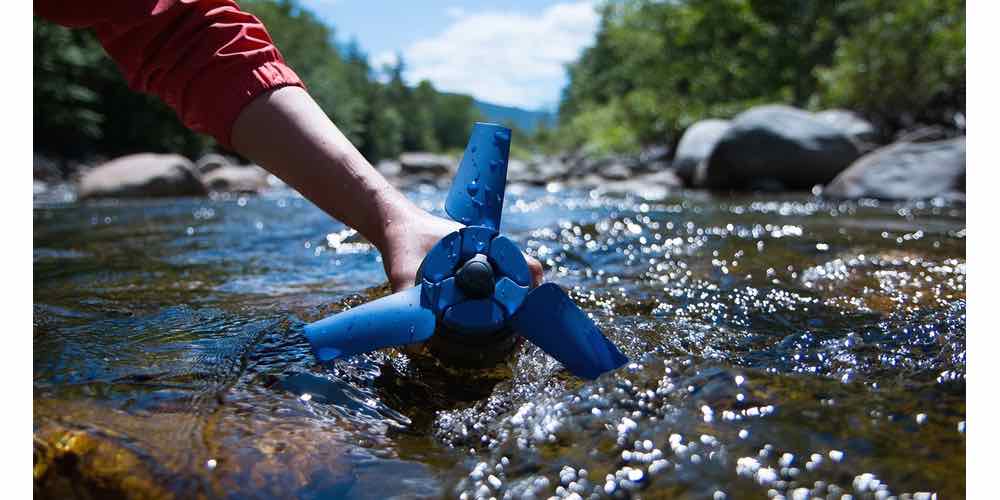
Teaching kids a new way of learning is not an easy task. It gets even more complex when trying to integrate it with traditional school curriculums. Andy Forest and Marianne Mader created the non-profit STEAMLabs to connect kids with a method of learning that encourages creativity and imagination while learning about Math, Science, and Technology. Their Kickstarter aims to put the right tools in the hands of kids so that only their imagination is the limit. There are some pretty great rewards for donors both near and far as well.
Andy and Marianne have used their wedding as a fundraiser to open a Maker space in 2012. In that time they have helped kids to use 3D printing, laser cutters, electronics, and carpentry to make their projects. Turning the learning process on its head, the first step is Play. Imaginations run wild and an idea is born. From that, the kids brainstorm how to make it real. Plans are made, research and skill development happens, and then the project is built. Failure is inevitable, but so is trying something different until it works. From this method of learning, skills and knowledge are obtained on the kids’ terms, and then takes root in their minds.

Traditional education can be slow to adapt to new methods of learning, but STEAMLabs is creating open-source curriculums that work in line with the Ontario school system. It can also be easily ported to other regions. As a recent project demonstrates, the teacher doesn’t need to have a strong technical background as a STEAMLabs volunteer can help with the technological components.
A grade 6 classroom was given the opportunity to work collaboratively on a project. The end result is a model of the Ontario power grid complete with LED lighting system, 3D printed buildings, and real-time data pulled from Ontario Hydro showing how much of the current grid is powered by nuclear, natural gas, wind, and hydro power. Programming their own web interface that can be controlled over a smartphone, the students are able to demonstrate visually that almost no power is being supplied by fossil fuels. With the click of a button, they can also go back to data from days or months before and see how the colder weather affected power consumption.


In 2015, harnessing the power of STEAM (Science, Technology, Engineering, Art, Math), they rebranded as STEAMLabs. Through the Centre for Social Innovation, STEAMLabs is getting out of the garage and into a large, shared Makerspace in downtown Toronto. While the space is provided, a lot of work still needs to be done to complete it. Their Kickstarter aims to provide the space with more tools for Maker Hobbyists and kids’ education. For local pledgers, there are opportunities to get a discount on workshops and camps for young and old. For example, a 3-hour weekend workshop will teach you or your child to use Tinkercad 3D design software and make their own creation to take home at $60. On a larger scale, you can host a Maker Party for 10 people of any age on any topic for a pledge of $225.

The Maker community is collaborative by nature. If you’re interested in supporting the program but don’t live nearby, smaller pledges as little as $10 will get you a laser cut keychain fob, custom engraved multitool, or artwork by a STEAMLabs artist. Larger pledges can be made to help fund an underprivileged school class to take advantage of this new form of learning.
This is a Maker Kickstarter that can really make a difference in kids’ lives. The Kickstarter is running until Saturday, May 9 and almost at the half-way point to being funded.




